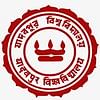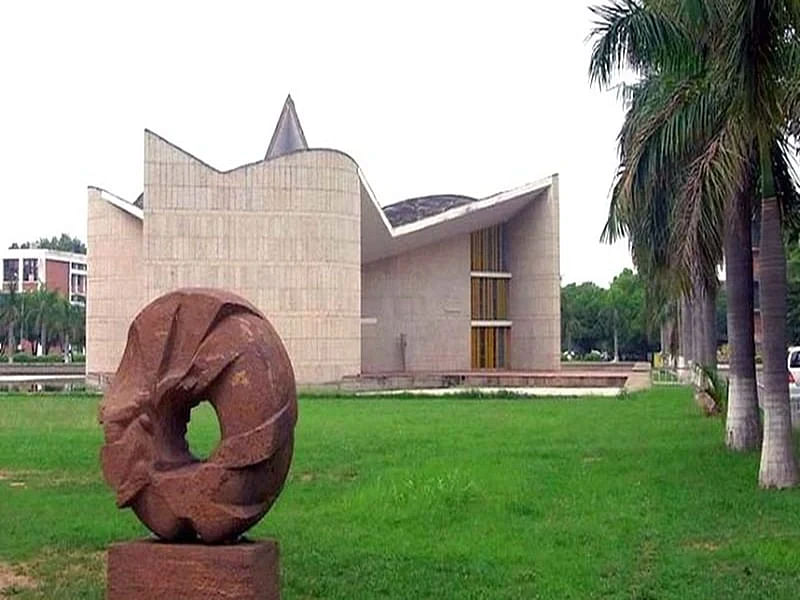BE Electrical Engineering Syllabus and Subjects

BE Electrical Engineering syllabus is based upon practicals on the various topics and subjects that students have to practice and learn thoroughly. The overall syllabus is divided into 8 semesters to learn through these 4 years accordingly. The first two semesters consist of the basics while the other is the core important topics.
Semester Wise BE Electrical Engineering Syllabus
The BE Electrical Engineering syllabus covers the necessary topics that are required to study. The course structure is clear and accurate which helps students to learn easily. The BE Electrical Engineering course aims to ensure that the students find a rewarding career for themselves.
The BE Electrical Engineering course aims to ensure that the students have access to all the vital information they need to succeed in their careers.
BE Electrical Engineering First Year Syllabus
Given below are the first and second-semester syllabi of the BE Electrical Engineering course.
| Semester I | Semester II |
| Electrical Science | Basic Electrical & Electronics Engineering |
| Basic Electronics Laboratory | Basic Electrical & Electronics Engineering Lab |
BE Electrical Engineering Second Year Syllabus
Given below are the BE Electrical Engineering third-sem subject and fourth-sem subject:
| Semester III | Semester IV |
| Network Theory | Signals and Systems |
| Electronic Devices | Analog Circuits |
| Introduction to Electrical Systems | Electrical Machines and Power Electronics |
| Electronic Devices Lab | Digital Systems |
| Electrical Machines Lab | Analog Circuits Lab |
| Digital Systems Lab |
BE Electrical Engineering Third Year Syllabus
Given below are the fifth and sixth-semester syllabi of BE Electrical Engineering course:
| Semester V | Semester VI |
| Microprocessors And Digital Systems Design | Control Systems |
| Probability And Random Processes | Digital System Processing |
| Electromagnetic Waves | Digital Communications |
| Communication Systems | Power Systems |
| Electrical Measurements And Instrumentation | Control Systems Lab |
| Vlsi Systems And Technology | Communications Lab |
BE Electrical Engineering Fourth Year Syllabus
| Semester VII | Semester VIII |
| Research Project | Communication System Theory |
| Power Electronic Applications to Power Transmission | Physics of Semiconductor Devices |
| Digital Communication Systems | Semiconductor Based Devices |
| Microprocessors and Digital Systems Design Lab | Computer Control and Automation of Power Systems |
| Discrete Data and Digital Control | Information and Coding Theory |
BE Electrical Engineering Subjects
BE Electrical Engineering subjects are mainly based on practicals and a bit of theory. The course consists of core topics and elective topics. The elective topics are optional and students can choose according to their preferences. Given below is the BE Electrical Engineering subject list;
BE Electrical Engineering Core Subjects
Given below are the core subjects of BE Electrical Engineering course:
- Digital Systems Lab
- Electrical Machines and Power Electronics
- Analog Circuits Lab
- Probability and Random Processes
- Digital Communications
- Communications Lab
BE Electrical Engineering Elective Subjects
Given below are the elective subject of BE Electrical Engineering course:
- Special Semiconductor Devices
- Industrial Instrumentation
- Control System Design
- Advanced Micro-processes and Nanotechnology
- Nanotechnology and Nanoelectronics
- Microwave and Satellite Communication
BE Electrical Engineering Course Structure
BE Electrical Engineering course consists of both core and elective subjects. The duration of the BE Electrical Engineering course is 4 years. The course contains six months of internship which will help students to land better job opportunities.
- VIII Semesters
- Core Subjects
- Elective Subjects
- Undergraduate Course
- Research Project
BE Electrical Engineering Teaching Methodology and Techniques
BE Electrical Engineering teaching methodology is the most important aspect of a course curriculum to understand the subject more deeply. The classroom-based teaching methodology is the ideal method of learning. The course is designed in a way that students get access to all the infrastructure and facilities available. Listed below are the teaching methodology and techniques:
- Lectures
- Practical Sessions
- Research Papers
- Seminars
- Group Discussions
- Traditional Classroom-Based Teaching
BE Electrical Engineering Projects
BE Electrical Engineering course projects are an important segment of the course curriculum. The projects are accessed by the professors to evaluate and to judge the students' understanding of those subjects. Students can choose their course project according to their specialization. Given below are some of the course projects.
- Solar Wireless Electric Vehicle Charging System.
- Ebike Speed Controller System.
- Piezo-Based Visitor Sensing Welcome Mat.
- Power Efficient Mini Inverter Project.
- Fire Detection and Alarm Mini Project.
- Automated Smoking Zone Monitoring & Alerting Project.
- Smart Portable Cell Phone Jammer Project.
BE Electrical Engineering Books
Books are termed to be the greatest investment that an aspiring individual can invest in. BE Electrical Engineering books can help students to understand the core topics and they also can learn about various topics according to their interests. Given below are some of the important books:
| Name of Book | Author |
| Higher Engineering Mathematics | B. S. Grewal. |
| Engineering Mathematics – IES, GATE, and PSUs | B. S. Grewal |
| Basic Electrical Engineering | C. L Wadhwa |
| ABC of Electrical Engineering | B.L Theraja |
| Engineering Mechanics | Ervin H.Sharma |
| Circuit Theory | A. Chakrabarty |
























